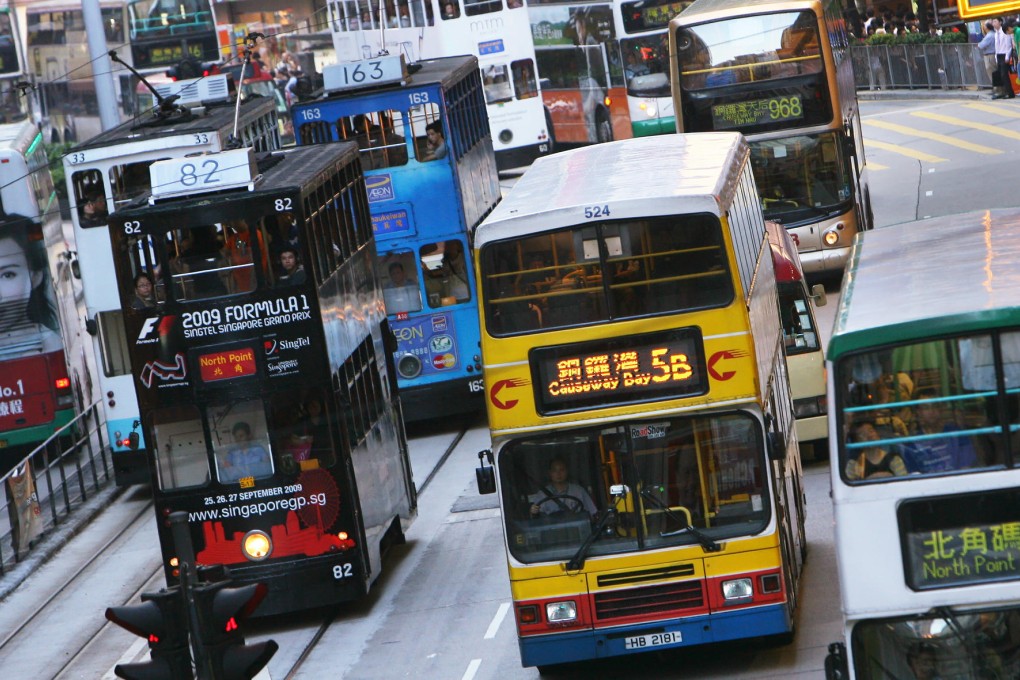
I agree with an advocacy group that the government should set up a task force to "address safety issues of squatter huts" ("Group demands action on condition of squatter huts", August 6).
Hong Kong is a modern city and people who live in flats in high-rises can feel safe when we face adverse weather conditions. There are seldom reports of serious damage.
However, this is not the case with the city's squatter huts, as was shown last month during Severe Typhoon Vicente.
These huts are poorly constructed.
The people who put them up do not adhere to strict professional building codes.
As such, they are structurally unsafe and there are hygiene problems because they are unlikely to be connected to drainage systems. Sewage pipes will often just spill out into the nearest nullah.